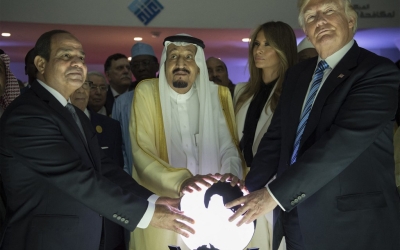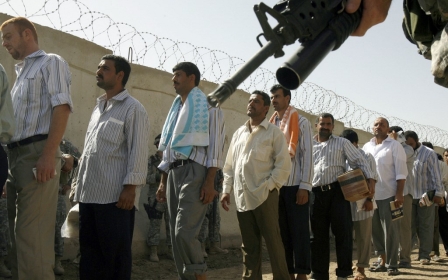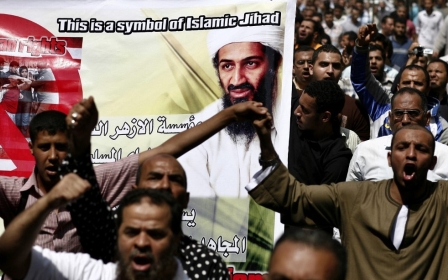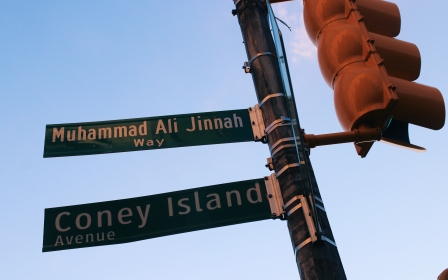9/11 attacks: FBI releases documents on probe into Saudi links to hijackers
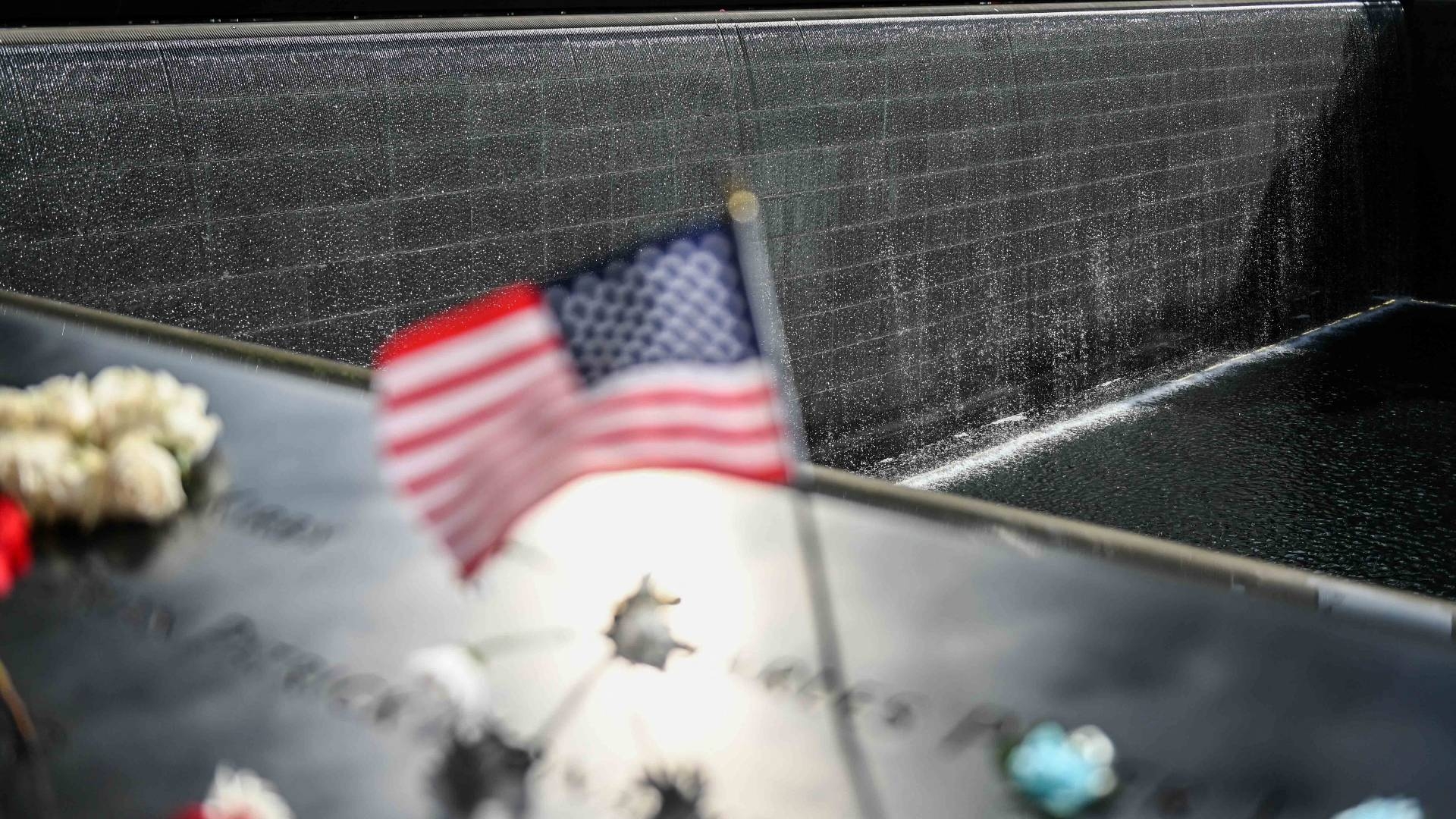
The FBI has released hundreds of pages of newly declassified documents exploring connections between the Saudi government and the perpetrators of the 9/11 attacks, revealing the scope of an extensive probe that was ultimately inconclusive, but whose outcome is still questioned by the families of the victims.
The disclosure of the material comes nearly two months after the administration of US President Joe Biden ordered the public release of the long-classified documents related to the attacks, which have been sought after by the victims' families who are suing Saudi Arabia for their alleged complicity.
The documents show the extensive investigation into Riyadh's alleged role in supporting the attacks, focusing in particular on whether three Saudi nationals, including a Saudi embassy official in Washington, had advanced knowledge of the attacks.
In September, the FBI released a 16-page document unveiling a memo detailing "significant logistic support" that two of the Saudi hijackers received in the US.
Ultimately, however, the FBI concluded that there was no concrete evidence that the Saudi nationals supported or were involved in the plot, according to a memo that closed out the probe and was among the more than 700 pages released on Wednesday.
The FBI said that al-Qaeda "did not make the attack plans known in advance to others" for fear of word getting out.
"Specifically, in relation to the 9/11 attacks, the hijackers knew there was a martyrdom operation, but did not know about the nature of the operation until shortly before the attack for operational security reasons," the memo states.
Middle East Eye reached out to the Saudi embassy in Washington DC for comment but did not receive a response.
'Influencing extremism' in California
While the investigation found no evidence that the Saudi government played a role in the attacks, the documents still reveal new details about the efforts by the FBI to scrutinise support given by Saudi nationals in the US to the first two hijackers to arrive in the country, Nawaf al-Hazmi and Khalid al-Mihdhar.
The documents report a February 2000 encounter at a Southern California restaurant between Hazmi and Mihdhar and a Saudi national named Omar al-Bayoumi, who later helped them lease an apartment in San Diego.
CBS News previously reported that a notebook recovered at Bayoumi's home had a hand-drawn picture of a plane and a mathematical equation that may have been used in preparation for the attack.
Bayoumi has been questioned in recent months about his links to the attacks but was never charged over his connections with the hijackers and claimed he was only a passing acquaintance of theirs.
According to the records released on Wednesday, the FBI also investigated ties between Hazmi and Mihdhar and individuals linked to the Saudi Ministry of Islamic Affairs, which funds mosques and efforts to promote Islam around the world.
The FBI studied whether al-Qaeda operatives had "infiltrated" the Saudi ministry or if there was a "collaboration of AQ operatives and certain radical elements within the Ministry of Islamic Affairs for mutually beneficial goals".
The documents also showed that Bayoumi was in contact with Musaed al-Jarrah, the then-director of Islamic affairs at the Saudi embassy in Washington. The FBI suspected Jarrah "may have been trying" to bring extremists into the US, and described him as a "controlling, guiding, and directing influence on all aspects of Sunni extremist activity in Southern California".
But authorities could not prove that Jarrah, Bayoumi and a third person, Fahad al-Thumairy, a diplomat at the Saudi consulate in Los Angeles, had conspired to assist the hijackers. None of them were charged and they have all since left the US.
The documents also show investigators repeatedly interviewed Mohdar Abdullah, a Yemeni student who befriended Hazmi and Mihdhar when they settled in San Diego.
Abdullah told investigators he believed Saudi officials may have been complicit in the 9/11 plot by helping the hijackers settle in Southern California, but had no evidence. He himself was arrested after the attacks as a suspected material witness and was deported to Yemen in 2004.
'Very incriminating documents'
Despite the FBI's conclusion that there is no link to show that Saudi government officials played a role in the attacks, the victims' families argue otherwise.
Andrew Maloney, a lead lawyer for the victims' families, told CBS News that the FBI has "now released a substantial amount of very incriminating documents regarding the Saudi government's role in helping al Qaeda and these two hijackers in particular".
Brett Eagleson, whose father Bruce was killed in the attacks, said in a statement that the details in the documents "help bolster the arguments that high-level Saudi officials aided and supported the 9/11 hijackers".
Danny Gonzalez, a former FBI agent who worked on the investigation and is now an investigator for the families, told CBS News in September that he's confident two of the hijackers had a US-based support network.
"Nineteen hijackers cannot commit 3,000 mass murders by themselves," Gonzalez said.
Middle East Eye delivers independent and unrivalled coverage and analysis of the Middle East, North Africa and beyond. To learn more about republishing this content and the associated fees, please fill out this form. More about MEE can be found here.



